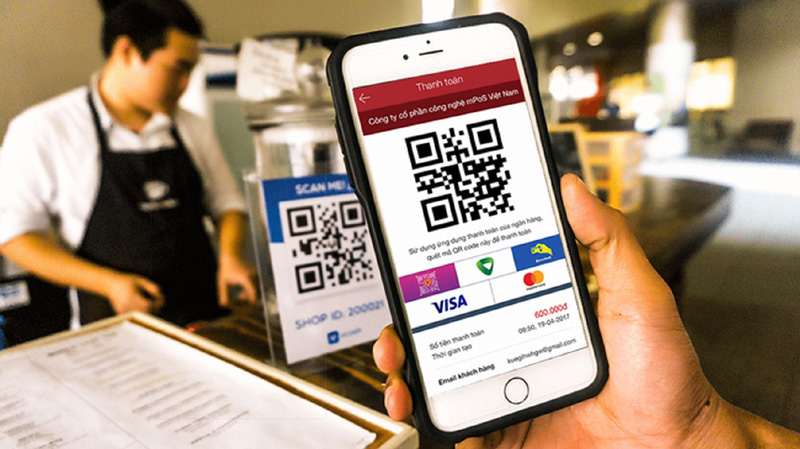Vietnam gov't to look into Mobile Money project this month
The banking authority has worked with relevant ministries and branches in launching direct carrier billing service.
The State Bank of Vietnam (SBV), the country's central bank, will submit the Mobile Money project to the government by the end of this month after completing the pilot scheme allowing online purchases with mobile devices.
| Photo: Ha Noi Moi |
In early March, Prime Minister Nguyen Xuan Phuc requested the SBV to immediately report the results of the pilot direct carrier billing service, considering it an urgent task and solution to remove difficulties for production and business in order to ensure social security in response to the Covid-19 pandemic.
The draft of the decree on cashless payment, set to replace Decree No.101/2012, provides regulations on paying agent activities. Banks are requested to allow agents to provide payment services such as deposit/withdrawal of cash and bill payment. This regulation is expected to boost the development of mobile money.
The direct carrier billing service aims at serving people in remote areas, especially in places where banking services are not available, and boosting cashless payments activities.
Statistics from the BIDV Training and Research Institute shows that 90 countries are providing the direct carrier billing service with nearly 870 million subscribers and 272 apps. Average daily transaction is valued at US$1.3 billion and over one million remain active for at least 90 days.
The Consumer Insights Survey released last April by PwC showed the number of people making mobile payments in stores is growing faster in Vietnam than elsewhere in Southeast Asia. The percentage of consumers in Vietnam using mobile payments increased to 61% in 2019, up from 37% in 2018.
Despite many advantages, mobile money has some risks, such as personal data theft, interruption of mobile services leading to non-payment, money laundering, gambling, among others.













